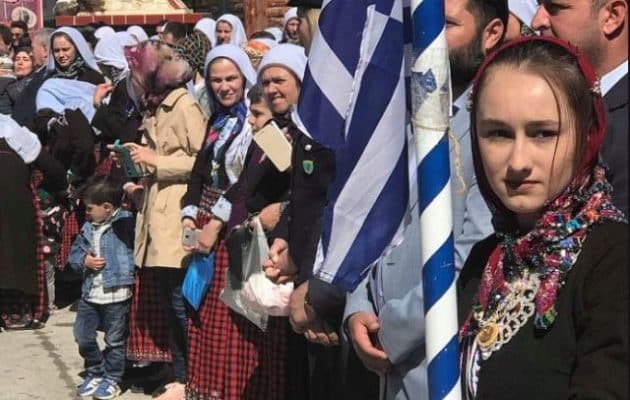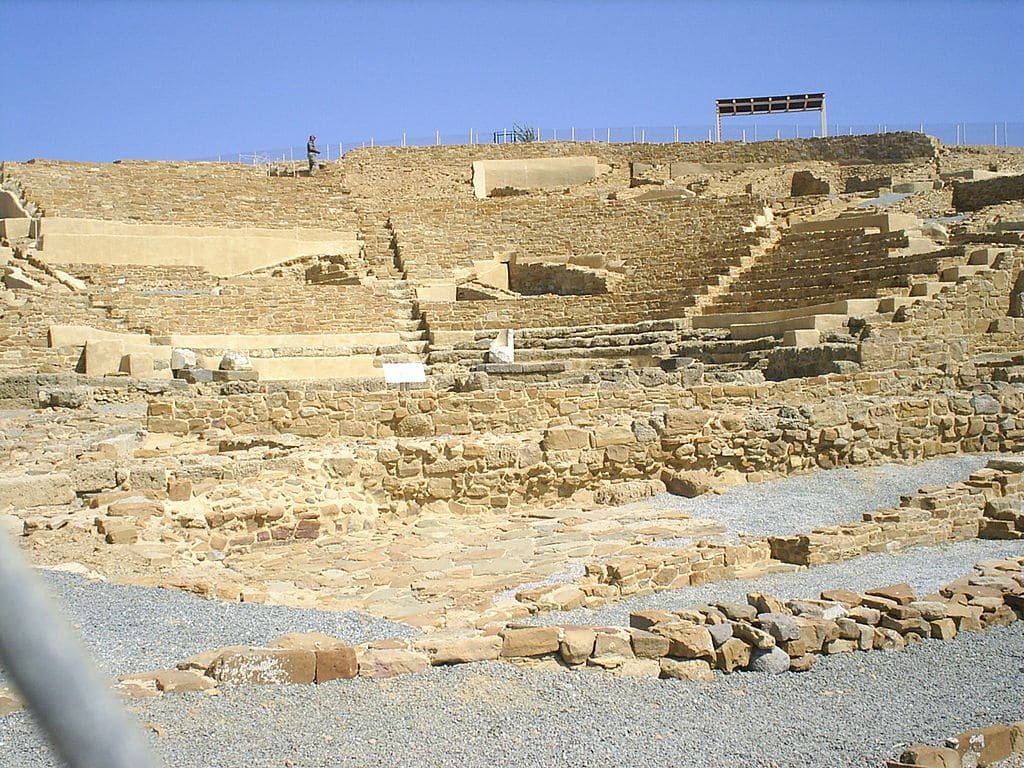
The recent decision by the Greek parliament to grant legal recognition to the Alevi community of Thrace is a significant step for religious freedom within Greece and holds implications for its relationship with Turkey.
The Alevi community, numbering around 3,500 people, is primarily concentrated in at least ten villages in the Thrace region of Greece, including Roussa, Mega Derio, and Mikro Derio. With the passage of this new law, the Alevis are now recognized as a distinct religious legal entity. This is a crucial development as it allows the community to operate with administrative and religious autonomy, while still retaining all the rights afforded to the Muslim minority under the Treaty of Lausanne.
The Alevi community of Thrace and its legal recognition by Greece
A key provision of the law ensures that the Alevis are no longer under the jurisdiction of the Muftis, who are leaders of the Sunni Islamic branch. This autonomy is a strategic move by the Greek state to protect religious rights and promote a more inclusive and democratic framework.
The law also establishes a Management Committee for Alevi Bektashi Endowments, a new body that will oversee the community’s properties and places of worship, thus safeguarding its assets and financial independence from other minority structures.
The bill also addresses educational needs, allowing Alevi students (in groups of ten or more) to take a special course on their own religious doctrine instead of the standard Religious Studies curriculum.
Alevi beliefs and practices
The Alevis represent a distinct tradition within Islam, and their practices differ significantly from the more dominant Sunni doctrine. These characteristics are central to their desire for autonomy:
- Worship Spaces: Alevis do not pray in traditional Sunni mosques. Instead, they conduct their religious ceremonies in special communal houses known as cem-evi (or “Tzemichi” / tekkes).
- Ceremonies: Their worship is a unique blend of music, dance (the Semah), poetry, and group meditation, a practice that sets them apart from the more formal, prostration-based prayer of Sunni Islam.
- Religious Law: Unlike many Sunni Muslims, Alevis do not necessarily follow Sharia law and do not observe the fast of Ramadan in the same manner.
- Leadership: They do not recognize the state-appointed Muftis as their religious leaders, preferring their own spiritual guides.
Reactions from Turkey
The legal recognition of the Alevi community has created tension with the Turkish consulate in Komotini, which has historically sought to exert influence over the Muslim community in Thrace.
The consulate’s efforts to unify the community under a single Sunni doctrine have long been at odds with the Alevis’ desire for independence. This new law, by formally granting the Alevis religious and administrative autonomy, effectively diminishes the consulate’s ability to exert control, which is a source of significant irritation for Ankara.
The Greek government says that this legislative move is a clear statement of its commitment to respecting the diverse religious identities within its borders and fostering a more equitable and pluralistic society. It allows the Alevi community to maintain its distinct identity and traditions, while fully exercising its rights as part of Greece’s Muslim community.

